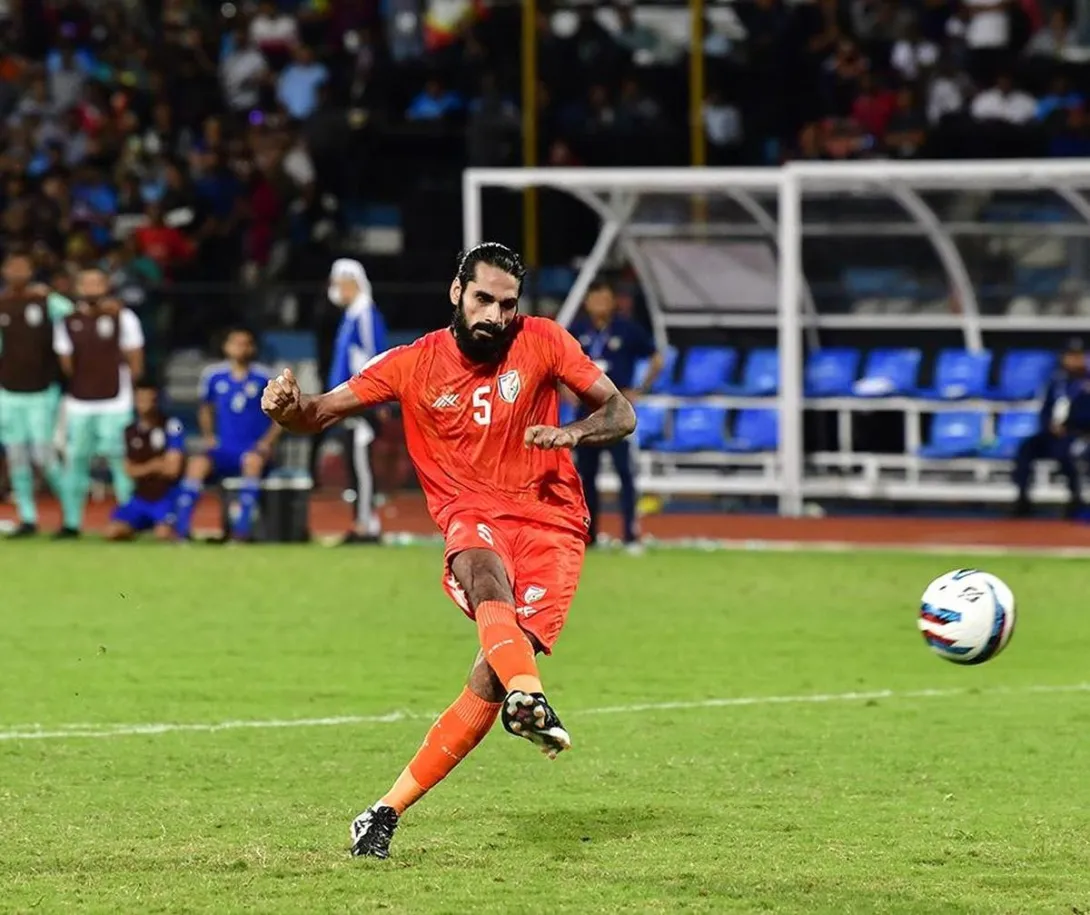Indian footballers are increasingly expressing concerns over the stagnation surrounding domestic football, urging authorities to revive and strengthen the Indian Super League (ISL) structure to safeguard their professional futures. Many athletes, who once saw the league as a transformative force for the sport in India, now fear a decline in competitive exposure, income opportunities, and career growth. Their sentiments have escalated from frustration to desperation, highlighting the need for strategic reforms, better governance, and sustainable development pathways. Players assert that without decisive action, Indian football risks losing momentum and jeopardizing the aspirations of a generation of talent.
---
Player Sentiment Reaches Breaking Point
Several professional Indian footballers have publicly voiced concerns over the uncertainty facing the ISL ecosystem. What began as isolated frustration has now evolved into collective alarm, as athletes emphasize dwindling opportunities and a lack of clarity regarding competition structures, club funding, and long-term planning.
Players note that the league once served as a pivotal platform offering professional contracts, training stability, and visibility. With delays and stagnation affecting the system, concerns are intensifying that livelihoods and athletic careers may be compromised if meaningful intervention does not occur soon.
---
Economic and Professional Impact
Footballers across the country have stressed that unpredictable scheduling and reduced competitive exposure threaten their income and career sustainability. Many rely solely on club contracts to support themselves and their families; even minor disruptions in league operations can result in significant financial strain.
Industry experts argue that a well-functioning league system is crucial not only for player welfare but also for the commercial viability of the sport. Declining match frequency impacts sponsorship revenue, fan engagement, development pipelines, and broadcaster interest — ultimately affecting the entire football economy.
---
Need for Structural Vision and Policy Clarity
Athletes have urged governing bodies to establish a clear, long-term roadmap that prioritizes steady season cycles, grassroots expansion, and professional development infrastructure. A unified domestic calendar, transparent communication, and alignment with national team priorities are among the key demands.
Analysts believe administrative coordination between league organizers, clubs, and national sporting authorities is essential for ensuring sustainability. Without coordinated reforms, players warn that India may struggle to nurture talent capable of competing internationally.
---
Emotional Undercurrent and Support from the Community
The strong public statements from footballers underscore not only economic concerns but also emotional investment in the future of Indian football. Athletes expressed that their passion for the sport remains undiminished, but uncertainty has led to feelings of desperation and anxiety about future prospects.
Fans and former players have echoed these sentiments online, urging stakeholders to take swift action. Many believe that India has reached a crucial juncture — where strategic decisions will determine whether football continues its upward trajectory or regresses despite years of effort.
---
The Road Ahead
With pressure mounting, football authorities face a significant responsibility to restore stability and trust. Ensuring regular competition, addressing financial structures, and strengthening development pathways can help rebuild confidence among players and stakeholders.
The Indian football fraternity remains hopeful that collaborative reform and decisive leadership will revive enthusiasm in the sport and allow athletes to focus on their craft rather than survival.

Comments